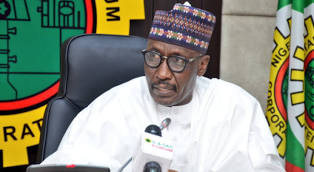Nigeria has been reported as grappling with a mounting debt of $3 billion owed to trading houses and oil majors for fuel supplies.
A news report from Reuters at the weekend indicated that the country’s repayment default to some major oil companies such as Vitol and BP had now reached four to six months behind schedule.
According to the online medium, four traders and executives confirmed Nigeria’s indebtedness on the fuel supply deals.
Reuters reported that efforts to get reactions from the trading consortia, including Vitol, Mercuria, BP, and TotalEnergies, the NNPCL and the Nigerian government on the fuel supply debt failed as none of the parties was ready to speak.
Industry analysts and traders familiar with the situation projected the delayed payments would continue until October this year even as NNPC claimed that the Federal Government was owing it $6 billion for subsidized fuel sales.
The experts believe that the repayment default of the Nigerian government may not be unconnected to recently announcement by the Nigerian National Petroleum Company Limited’s (NNPCL’s) Group Chief Executive Officer, Mele Kyari, about the discontinuation of the swap arrangement or Direct Purchase Direct Sale (DSDP), as public criticism of the regime, particularly from civil society groups, alleging its non-transparency and corruption.
Kyari maintained that payments would now be made in cash instead of swapping for crude oil.
However, traders were still quoted as alleging that the NNPCL of still engaging in fuel imports through swaps for July delivery, which still requires payment in both crude oil and pending payments for previous months of swaps.
As part of the new administration’s reform initiatives, Nigeria plans to scrap an old scheme that involved swapping its crude oil for gasoline imports.






